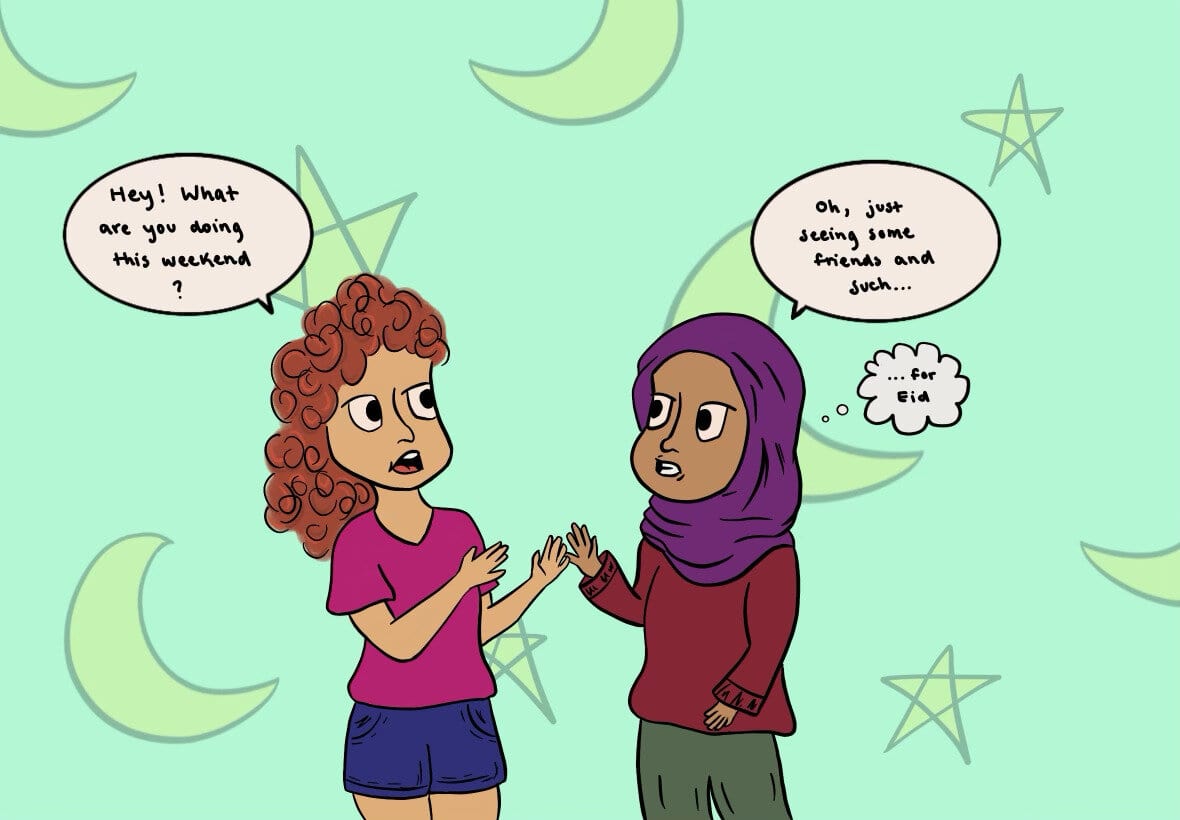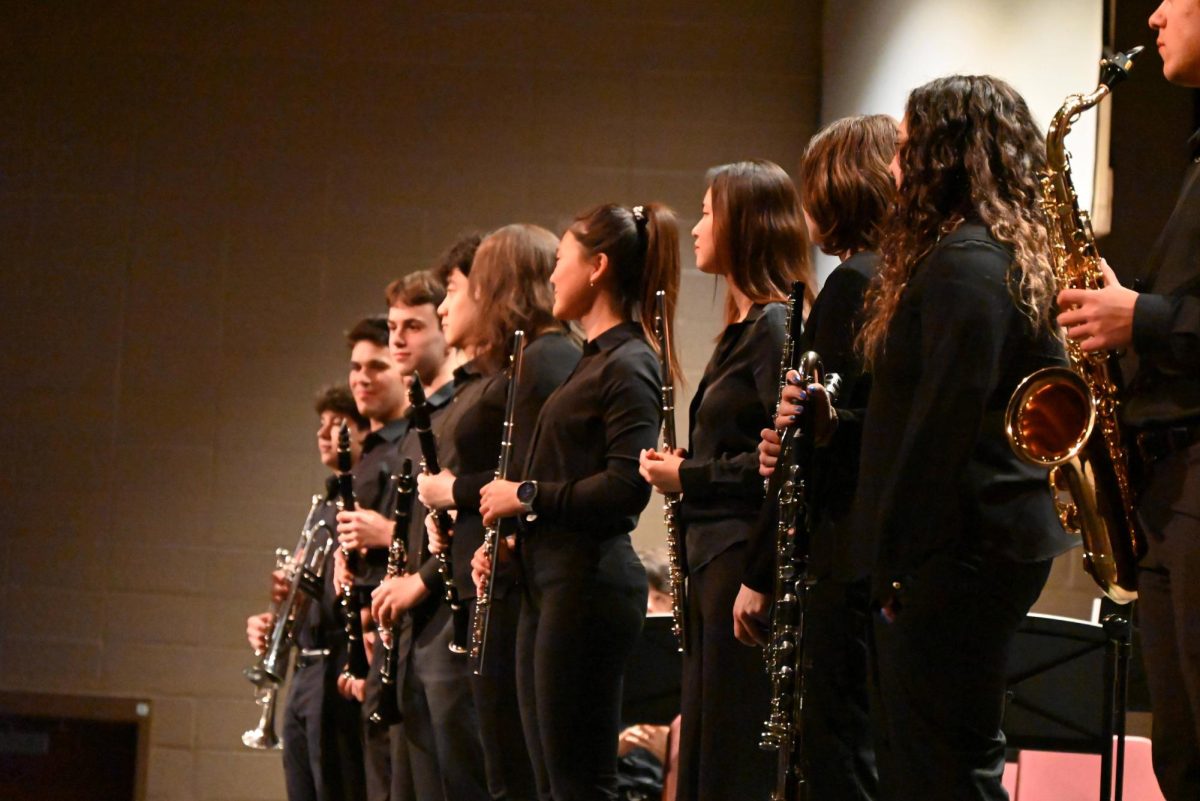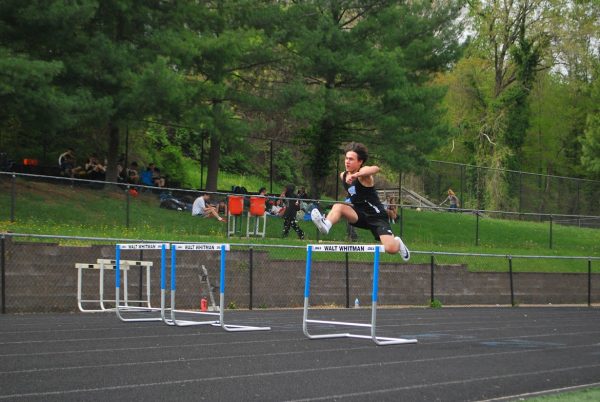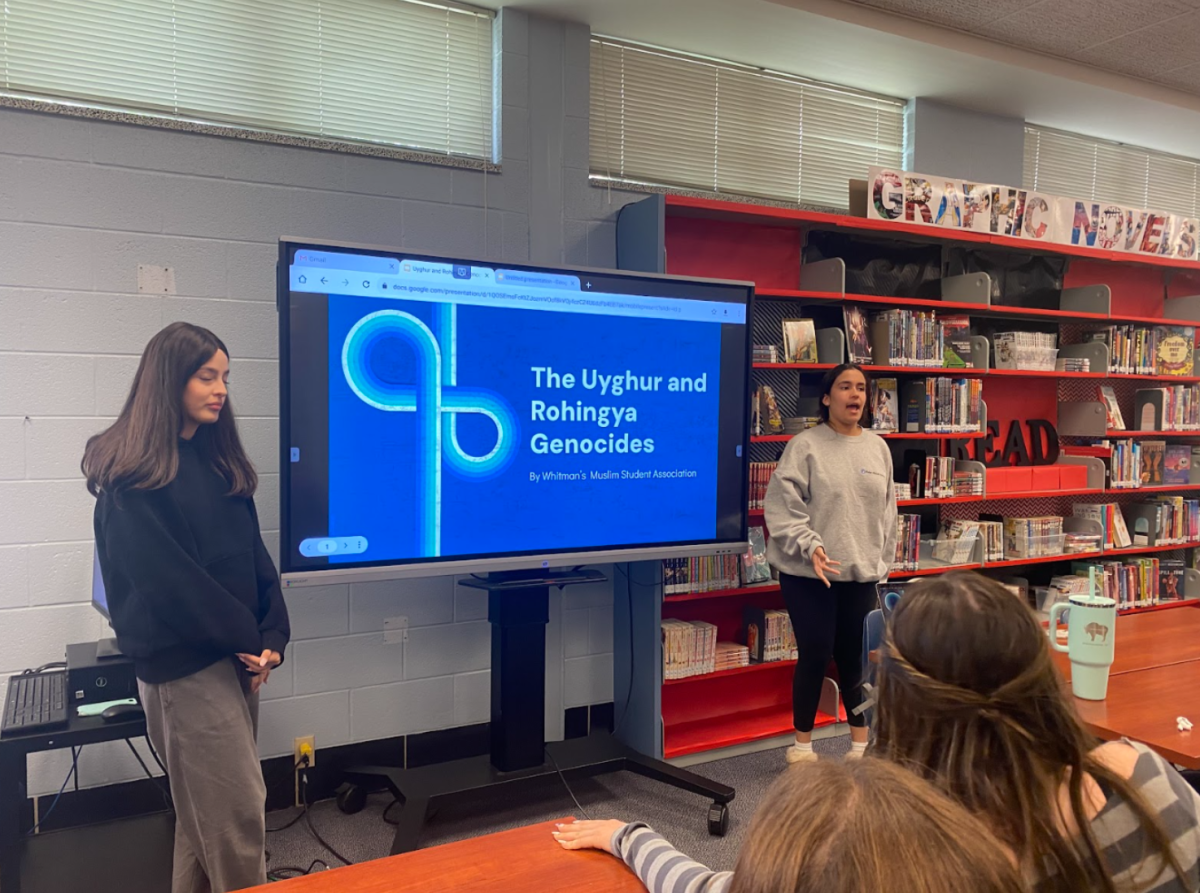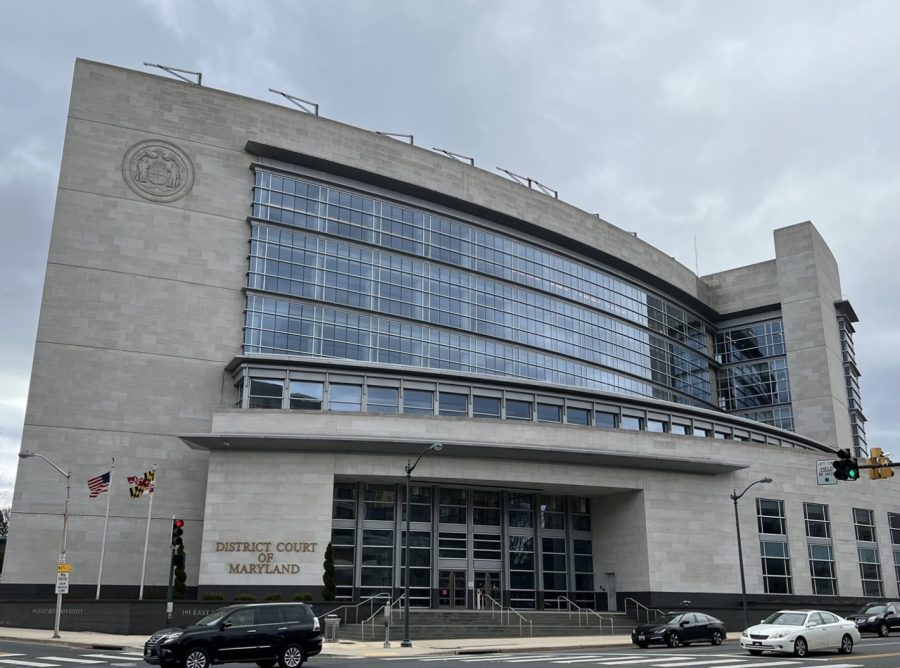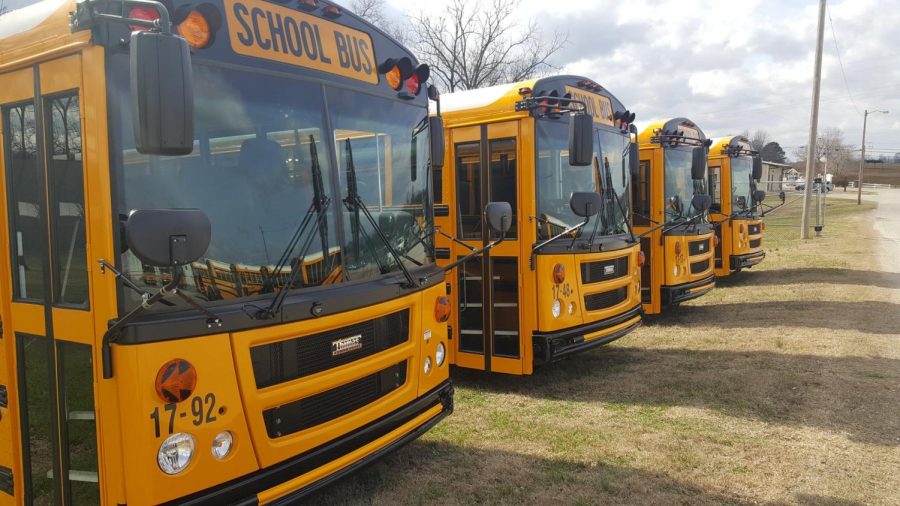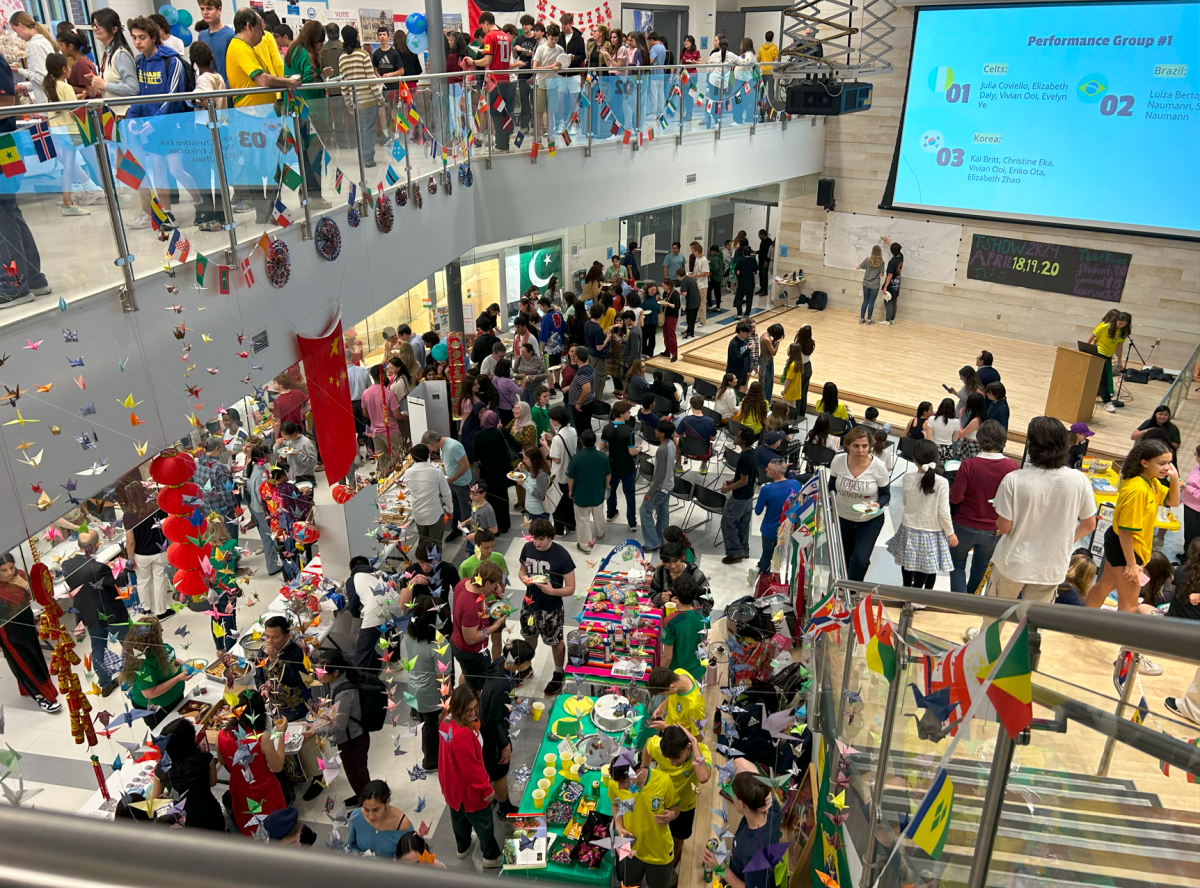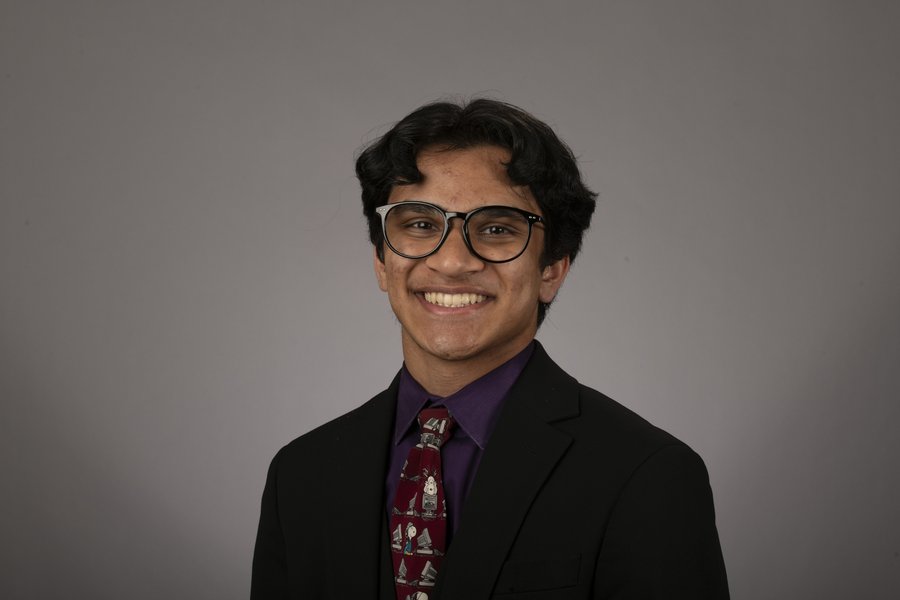The BCC Tattler hosted their fourth annual journalism night Dec. 8. The event, sponsored by Bethesda Magazine, included a panel of five current and former journalists.

The discussion, titled Dying to Tell Us, explored dangers journalists face when reporting in war zones and other at-risk areas. The panelists also discussed the future of journalism.
The journalists emphasized that the profession has become more perilous in recent years, with increased kidnappings and instances of violence.
“It’s one of the deadliest and most dangerous years in journalism,” said panelist Courtney Radsch, a former journalist and social media expert who currently works for UNESCO.
Both foreign governments and other organizations, such as ISIS, now have a direct link to people through social media, so they no longer need journalists. This has created a new and more dangerous era for journalism, Radsch said.
Delphine Halgand, director of the Washington D.C. office for Reporters Without Borders, noted an increase in journalist kidnappings in the past two years, which has raised questions of how to rescue kidnappers. Though the U.S. has a policy against negotiating with terrorists, the issue is not quite so black and white, and as a result families of victims are often left in the dark about the status of their loved ones. The government just started a review to improve their system of rescuing journalists, she said.
“We hope that it will help to study all the alternatives to the military option, which is now the one that the administration chooses in almost all hostage situations,” Halgand said.
British war reporter Dave Clark had a first-hand experience with kidnapping, While working in Lybia in 2011, he was captured by Muammar Ghadaffi’s forces and held as a hostage for five days. Since then, he has worked in Washington D.C..
Though the experience was frightening, Clark looks upon it with humor.
“My wife has had more of an influence on my career since then,” he said. “But one day I’ll be back.”
Panelists recognized that journalists who travel abroad are in danger, but they also emphasized that local journalists are suffering. ProPublica senior reporter Sebastian Rotella recounted how when he was working in Latin America, he often met local, Latin American journalists who carried guns on them.
This danger has created zones of silence, where no investigative reporting is done because journalists fear for their lives, Rotella said.
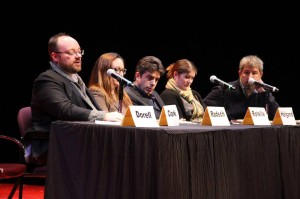
“Journalists stop writing about certain issues, or they sort of take orders implicitly,” he said.
Rotella was a reporter in Mexico, where drug cartels hold a great amount of influence in some of the outer provinces. Local reporters simply count the deaths, because looking into the violence that occurs because of the drug business puts their own lives at risk, Rotella said.
“It’s still remarkable how brave the press is in a lot of these countries, given the dangers that exist,” he said.
Radsch also recognized that there are steps being made to protect journalists.
“I think there is a growing recognition of the dangers that journalists are facing,” she said.
Protecting journalists requires a lot of money, however, and there is a tension between finances and news. This problem expands further than just in war zones, Wall Street Journal reporter Jay Solomon said.
Tattler business manager Maya Sterling worked to organize the event, which included contacting panelists and publicizing the event to students and parents in the community.
“Feedback has been overwhelmingly positive so I’m pretty happy,” Sterling said. “Next year though, we will make it a day of the week where more people can come.”




